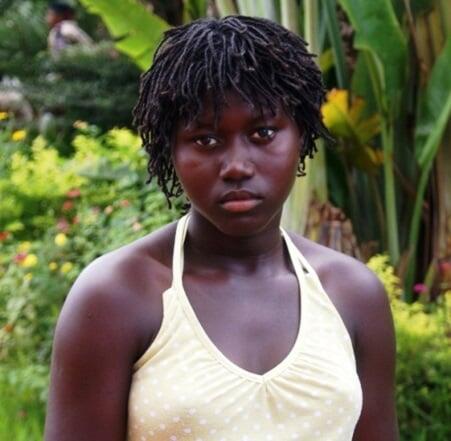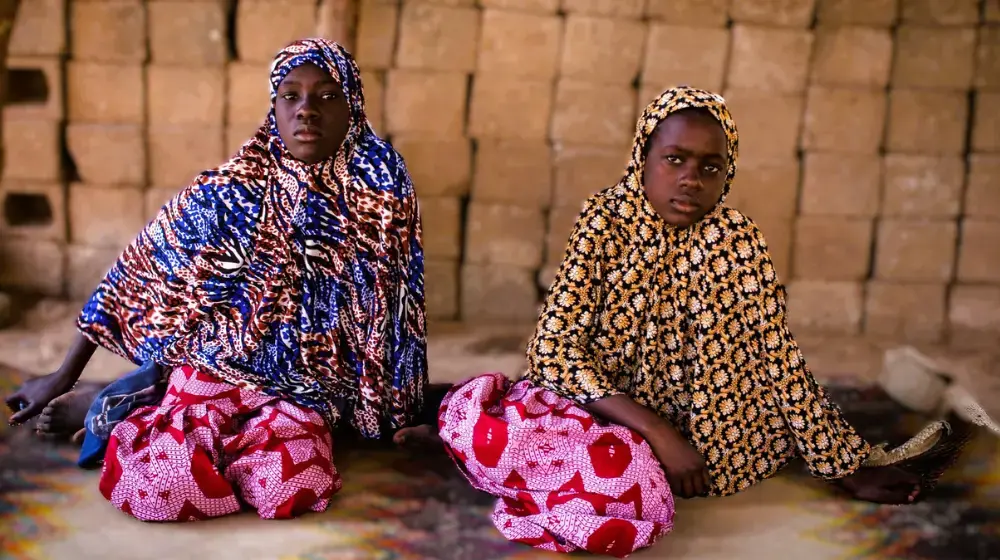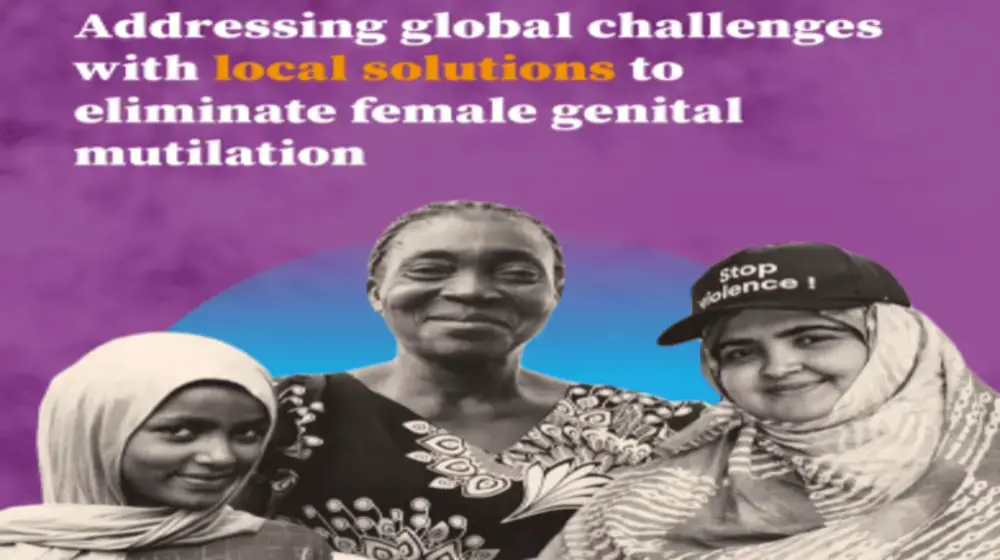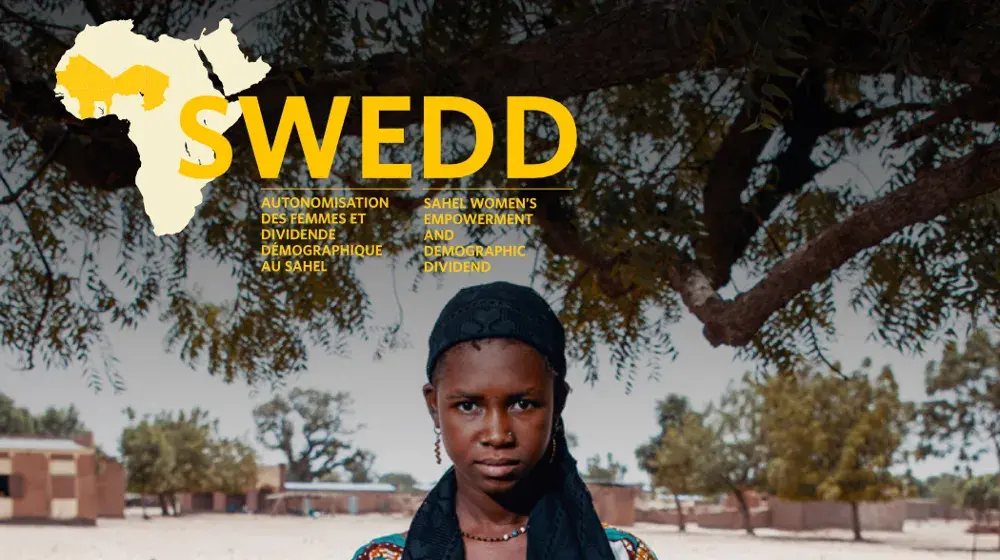Bissau (Guinea-Bissau) Early marriage in Guinea Bissau is a common practice. Though it is prohibited, the enforcement of the law is still very difficult. Here, 14 years old Judite narrates her recent experience as a victim of forced marriage and the role her family played.
She came to the UNFPA Office in Bissau with Captain Bebiana from the Police Human Rights Department and Mr. Tonecas Silá, the programme coordinator of the local NGO RENLUV, which assists children victims of forced marriage, and support actions against gender-based violence.
«It all started a month ago. I went to the church rehearsal. An uncle of mine, Fernando, asked me if I wanted to spend some days at his place in Zona 7, Bissau. I said yes, I had never spent the holidays at his house so I said yes. A few days after that I overheard a conversation between my aunt and my uncle during which they said that they were going to give my hand in marriage in accordance with the decision of my stepfather back in our village»
Judite, who just complete her 9th grade, clearly told her aunt she did not want to get married, explaining it was too early and she wanted to continue her education.
«I told my uncle Agostinho the same thing. He said he couldn’t do anything for me. My mother came to Bissau to make sure my aunt would take me to Bijmita for the marriage. She told my aunt she had to or she (my aunt) would be cursed!” she said. In Guinea Bissau, many fear being cursed for not following tradition.
Judite’s aunt later convinced her that all she had to do was to go to Bijmita, and officially reject the marriage proposal then go back to Bissau.
«Once we got there my aunt retracted her statement and left me to be married off. That same night, goats and other gifts were brought for the marriage.
"My mother also received money and went to buy soap and a bed. My family dressed me up for the wedding. As I waited for my future husband, I called my uncle Agostinho. I cried and asked him to get me out of there», she said.
Agostinho then secretly informed the police. “Someone was kind enough to give me money for fuel. We got into the car and went to pick up Judite. She ran away from her family’s house and waited for us in Quinhamel, 30km from Bijmita», Agostinho said.
Difficulties in implementing the law, protecting victims
The family was summoned at the police station. When told that forced marriage was an illegal act, the family asserted that they have never heard of such a law, pointing out that it was a very common practice in the country. Uncle Fernando signed a “Responsibility Statement” that they will not force Judite to get married again.
Nevertheless, that same night in Bissau the family came back for Judite. As soon as she realized what was about to happen she ran away again. She went to the only place she knew someone could help her ie to Captain Bebiana’s house, where she had spent the night when she first ran away from Bijmita.
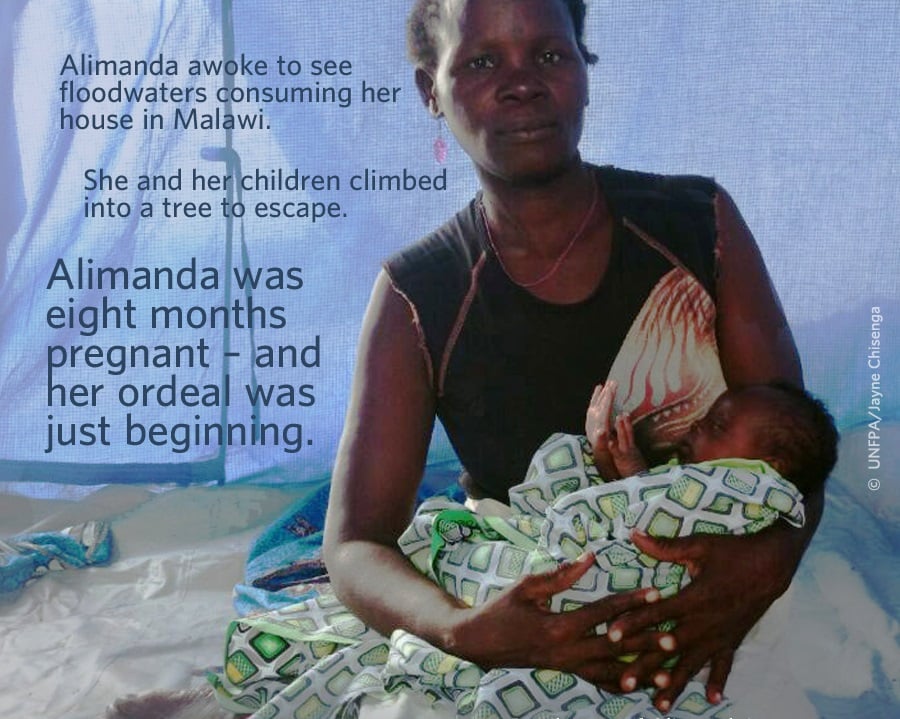
Judite’s future is now uncertain. There is no foster home for such young girls. There are more and more girls as young as Judite who leave their homes to avoid forced marriages. RENLUV continuously looks for foster families where these young girls can live while a long term solution is being sought.
There is still a risk that the family will abduct Judite to take her to her “marital home” as she wants to go back to school. According to Sila from RENLUV, «Bissau city is extremely small. Who will ensure Judite’s safety when she is on her way to school? If her family knows where she is, they will try to take her away again».
The legal process in this case will take its course. The family will be prosecuted but such efforts to see the perpetrators brought to book do not usually bear any fruit.
There is an urgent need to find a safe and sound solution for girls who are victims of forced marriage such as a shelter with the required conditions to enable them continue their education to become the women their aspire to be and attain their full potential.

